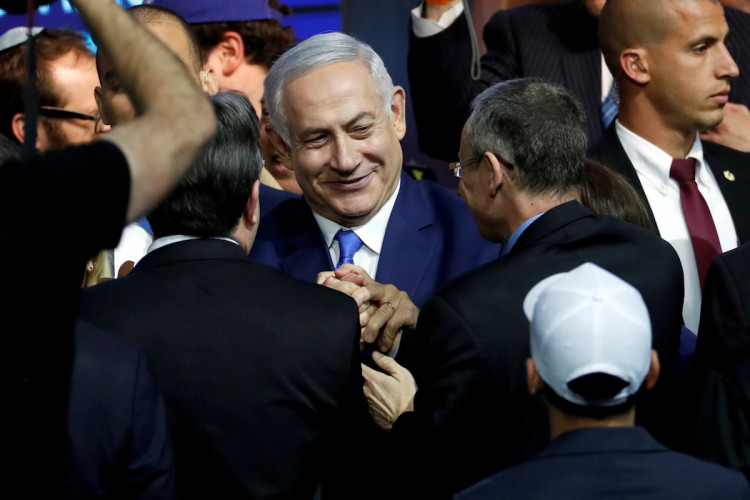The growing divide between the United States and Israel's right-wing government was further exposed on Monday when the U.S. abstained from a United Nations Security Council vote demanding an immediate cease-fire between Israel and the Palestinian militant group Hamas. The move prompted a furious response from Israeli Prime Minister Benjamin Netanyahu, who canceled a planned visit of a high-level delegation to Washington.
The resolution, the first of its kind passed since the onset of the war nearly six months ago, called for an immediate cessation of hostilities for two weeks and the unconditional release of all hostages held by Hamas in the Gaza Strip. The U.S. abstention marked a significant shift from its previous position, having vetoed three U.N. calls for a halt in fighting over the past five months.
Netanyahu's office released a statement condemning the U.S. decision, saying, "This is a clear retreat from the consistent position of the U.S. in the Security Council since the beginning of this war. This withdrawal hurts both the war effort and the effort to release the abductees."
The U.S. denied that the abstention signaled a change in policy, with State Department spokesman Matthew Miller stating that the resolution included elements "consistent with our long-term position, most importantly, that there should be a cease-fire and that there should be a release of hostages."
However, some observers view the move as a significant development. Hussein Ibish, a senior resident scholar at the Arab Gulf States Institute in Washington, told CNBC, "It's a breakthrough. An abstention from a UN Security Council permanent member is a yes vote, because it means they are not exercising their veto and basically agree with the text, even if they don't want to say so. The U.S. declining to protect Israel from a resolution it passionately objects to by not providing a veto is an extraordinary thing."
The rift between the U.S. and Israel has been growing, with the Biden administration warning against Israel's planned military operation in Rafah, the southernmost corner of Gaza, where more than a million displaced Palestinians are taking shelter. The U.S. has also been frustrated by Israel's hindering of aid deliveries into the besieged strip, with the U.N. warning at the start of the year that half a million Palestinians were facing famine.
Former Israeli Foreign Minister Shlomo Ben Avi placed the blame for the crisis squarely on Netanyahu, telling CNBC, "The whole attitude of confronting Americans instead of serving with their interests, which are essentially Israel's interests, is working against the nation's security. Netanyahu has become a threat to Israel's security by conducting war from the very first day. With him, political domestic consideration is more [important] than catering to the strategic interest of Israel."
In a further development, Israel recalled its negotiating team from Qatar on Tuesday after Hamas rejected its latest offer in talks on a hostage deal and truce. The Prime Minister's Office accused Hamas of retreating to its "extreme demands" and stated that "Israel will not cave to Hamas's delusional demands."
Foreign Minister Israel Katz drew a direct link between Hamas's rejection of Israeli terms and the U.S. decision to allow the Security Council resolution to pass, calling it "a moral and ethical mistake" that gave Hamas reason to believe "they're going to get a ceasefire without giving up the hostages."
The U.S. decision to abstain from the Security Council vote has exposed the deepening rift between the two longtime allies, with the blame game in full swing. As the humanitarian crisis in Gaza worsens and the prospect of a ceasefire remains elusive, the international community watches with growing concern as the conflict continues to take a heavy toll on the Palestinian population and the U.S.-Israel relationship faces an unprecedented strain.






